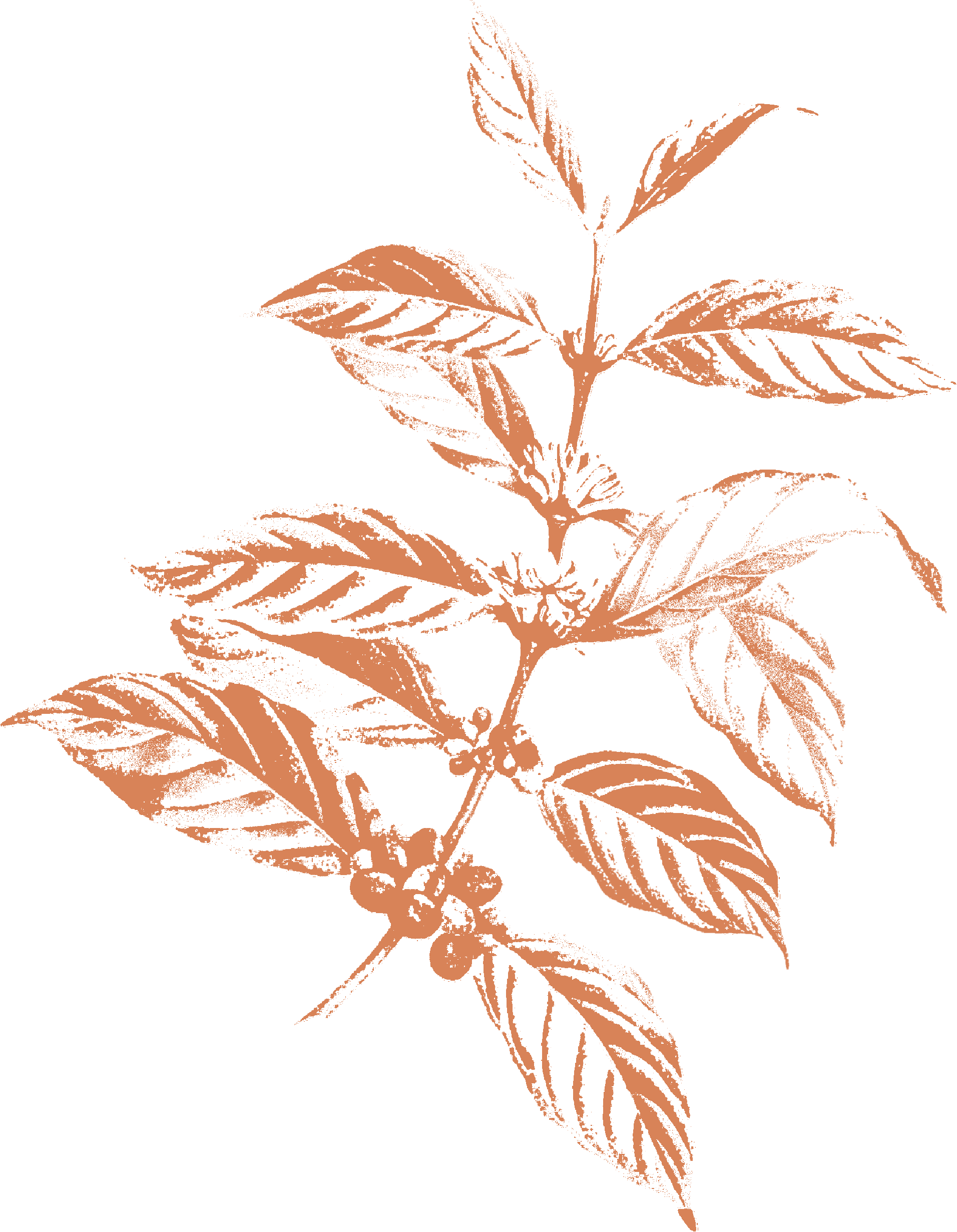Guadalupe is a small, picturesque municipality in Huila, nestled along the skirts of the Eastern Cordillera of Colombia. Since its founding, Guadalupe has been deeply shaped by Catholic tradition, with priests and devoted individuals playing a key role in its history. On December 12, 1715, Francisca Salazar, the daughter of a wealthy Spanish landowner, Francisco de Salazar, donated three hectares of her family’s hacienda to establish a town in honor of the Virgin of Guadalupe, whom she worshipped. This land became home to an important church, surrounded by houses that soon formed the town of La Viciosa.
In 1827, tragedy struck when a massive earthquake destroyed the town. However, with the same resilience that defines its people today, the town was rebuilt a year later and renamed “Guadalupe.”
Guadalupe is blessed with an abundance of water sources, including the Suaza River, which nourishes the fertile lands and sustains both the community and its agricultural bounty. The region’s water supply, combined with fresh, cool weather, creates ideal conditions for growing high-quality crops. Today, the hardworking people of Guadalupe make their living through cattle farming, river fishing, and cultivating crops like corn, beans, citrus fruits, and, most notably, coffee – one of the area’s most valuable resources.
Coffee is grown in the remote highlands surrounding the town, at ideal elevations between 1,400 and 2,000 meters above sea level. These high-altitude farms benefit from nutrient-rich soils, cool breezes, and abundant rainfall, all of which contribute to exceptional coffee production.
In 2013, Caravela began working with the coffee growers of Guadalupe. At that time, producers traveled to our purchasing station in Pitalito to deliver their coffee. Recognizing the potential of this coffee-growing region and its remote location, Caravela established a purchasing station in Guadalupe to be closer to these dedicated farmers.
At the heart of this station is a commitment to quality. A skilled quality analyst carefully evaluates each lot of coffee, while a PECA technician works directly with farmers to improve both quality and sustainability. Today, this station primarily receives coffee from the highlands of Guadalupe and neighboring Suaza, supporting a community of growers who are deeply committed to producing exceptional coffee that embodies the rich traditions and abundant natural resources of their homeland.
